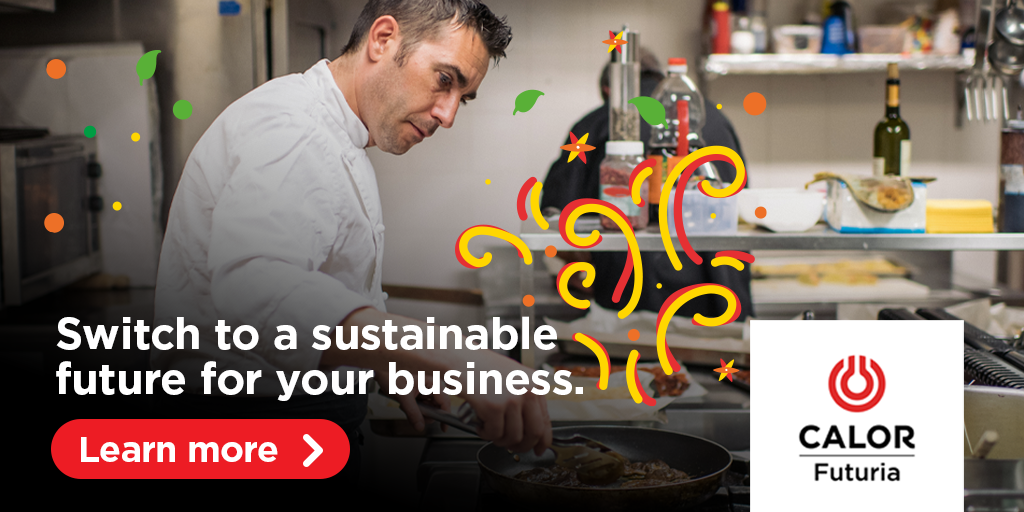
The UK’s ambitious net zero carbon target has brought into focus the need to make carbon savings. For hospitality businesses, with many energy-intensive operations, the drive towards sustainability and reducing carbon emissions also needs to factor in the careful balance of customer experience and efficiency.
Annual energy costs for the hospitality sector are in excess of £1.3 billion, resulting in carbon emissions of more than 8 million tonnes per year. On top of this, to work toward a more sustainable future, the industry has many factors to consider, including waste management, energy use and sustainability of the items and products they use on a day-to-day basis.
Hotel operations, for example, use more energy than virtually any other type of building, including those for offices, retail, housing, and manufacturing—accounting for an estimated 1% of global carbon emissions.
Consider your fuel source
Running a hospitality business in 2022 is hard. And when you consider, in the hospitality sector, heating can account for more than 40% of energy use, taking the time to evaluate your energy usage is an easy way to find areas where reductions can be made.
Despite being one of the most carbon intensive fuel sources, oil-fuelled boilers are still commonly found in off-grid pubs, hotels and bars across the UK. Switching to from oil to LPG can immediately cut CO₂ emissions by up to 17.8% compared to oil and is ideal for rural hospitality businesses where electricity is simply not viable because of limited supply to the location.
Calor Futuria Liquid Gas
From providing an instant and controllable flame needed to create mouth-watering meals, to offering the versatility for heating and hot water requirement as the cooler weather approaches, Calor Futuria Liquid Gas is the fuel source hospitality businesses can trust.
Futuria Liquid Gas (previously BioLPG) is a sustainable fuel made from a blend of waste, residues and sustainably sourced materials. While there is a certain price premium when compared to standard LPG, Futuria Liquid Gas, when at a 100% blend can reduce CO₂ emissions by up to 86% (kgCO2e/kWh) when compared to using heating oil and up to 80% compared to conventional LPG.
Globally, 85% of people indicate that they have shifted their purchase behaviour towards being more sustainable in the past five years. For hospitality businesses keen to demonstrate their reduction in carbon emissions to attract more customers, the Green Gas Certification Scheme ensures traceability of all Futuria Liquid Gas delivered to, and used up by, Calor’s hospitality customers, while also highlighting the amount of CO2 saved.
Helping the UK achieve net zero
The UK Government has made it clear that to achieve net zero carbon by 2050, everyone must do they part to implement more sustainable practices – in business and at home. For hospitality businesses where heating and hot water contributes significantly to their overall energy consumption, it’s clear that taking steps to convert to low carbon energy sources will have a positive impact.
What’s more, with customers becoming more aware of how their lifestyle choices impact on the environment, hotels have a lot to gain in terms of increasing revenue and improving reputation by actively reducing their carbon footprint.
As part of its commitment to offer its customers 100% sustainable energy solutions by 2040, Calor is taking steps to encourage all of its hospitality customers to make the switch to Futuria Liquid Gas – helping to support the hospitality industry across the UK deliver on their sustainability goals for today and tomorrow.